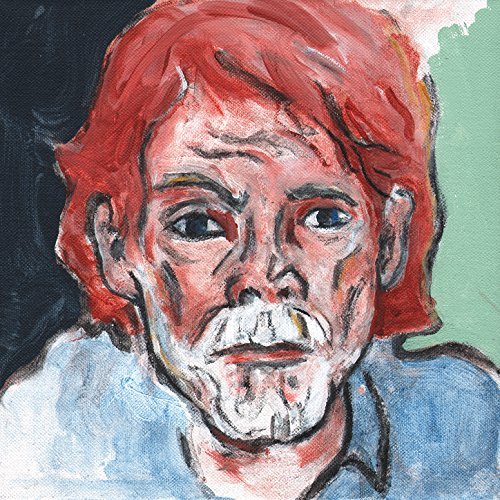
Ed Askew
For the World
Release Date: Sep 16, 2013
Genre(s): Folk, Pop/Rock
Record label: Tin Angel
Music Critic Score
How the Music Critic Score works
Buy For the World from Amazon
Album Review: For the World by Ed Askew
Excellent, Based on 3 Critics
Based on rating 4/5
It’s a threadbare platitude, but it genuinely takes all kinds. So, in among the negligible percentage of the populace that has heard Ed Askew’s sublimely affecting 1968 ESP-Disk’ debut album Ask The Unicorn, there presumably must be one or two people who weren’t ensnared for life by its wheezing, elemental frailty? Unthinkable, frankly. The gladsome tidings for those who regard Askew as something of an acid-folk fetish object are that the idiosyncratic recluse would appear to have become artistically fecund in later life.
Based on rating 4/5
Singer-songwriter Ed Askew has in some ways been the epitome of the term “acid folk. ” Bringing a white-hot, gritty quality appropriate for the yippie energy that permeated the American underground, his debut was released on ESP-Disk’ (Albert Ayler, Sun Ra, The Fugs) at the close of the 1960s. Instead of the customary six-string acoustic guitar, Askew played a Martin tiple, and the taut sound of the instrument’s strings coupled with the keening strain of his voice and opulently psychedelic lyrics made the self-titled album (reissued on CD as Ask the Unicorn) a cult classic of psych-folk.
Opinion: Fantastic
Ed Askew is best known, if he's known at all, for his obscure 1968 album Ask The Unicorn on cult New York label ESP-Disk, home to such pioneers of the city's free jazz scene as Sun-Ra, Ornette Coleman and Albert Ayler, and equally out-there folk-rock acts the Fugs, the Godz and Pearls Before Swine. Perfectly suited to such esteemed company, Askew's album - played on air by John Peel and hardly anyone else - featured him accompanying himself on the Martin Tiple, a ten-stringed instrument similar to a lute (or, according to Askew himself, "a baritone ukulele") which is notoriously physically demanding to play, a fact that contributed to Askew's urgent, strained and tremulous vocal style. Later described as "the Holy Modal Rounders jamming with Skip Spence," Ask The Unicorn was soon as vanished and mythical as its namesake; Askew's second album for ESP, Little Eyes, remained unreleased for 33 years, until De Stijl Records finally put it out in 2003, to a warm critical reception that sparked a revival of interest in Askew's music.
'For the World'
is available now

